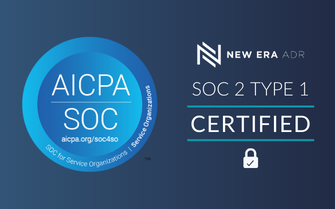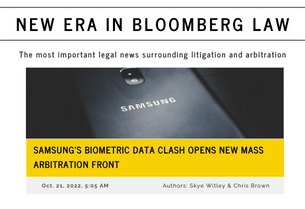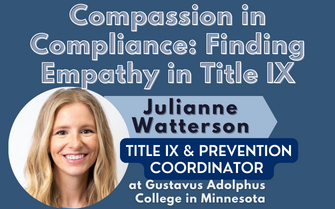
It is estimated that twenty-one million adults in the United States have suffered at least one depressive episode. That represents approximately 8.4% of the adult population. Attorneys are nearly three times as likely as the average adult to suffer from depression.
In ALM’s 2020 Mental Health and Substance Abuse Survey, 31.2% of respondents from a pool of 3,800 attorneys stated that they were suffering from depression. And this was before the pandemic. According to the Dave Nee Foundation that studies attorney depression, the law is ranked 5th in highest prevalence of suicide. These are startling statistics, but they may not surprise the attorneys who read this blog.
There are many theories as to why attorneys are more likely to suffer from depression. A few examples include:
Negativity Attorneys are usually only engaged when someone has experienced a dramatic life event such as death, a dispute, or adverse business deal. This can encourage a pessimistic worldview.
Fear Another theory relates to personality; that lawyers are such high achievers that any perceived public failure could result in mental instability.
Stigma Coping mechanisms such as drug and alcohol abuse, combined with stigmas around mental illness can cause attorneys to avoid seeking treatment. Attorneys may feel that receiving therapy or taking medicine to manage depression could be perceived as weakness.
Often times the individual is the focus when trying to pinpoint the cause of depression, but what about the systemic problems at play in the legal industry? Perhaps, the practice of law, as it is constructed today, is complicit in pulling many lawyers into depression. Chronically high-stress culture and expectations of unreasonable outcomes can exacerbate high stakes situations into unhealthy territory, and litigators are especially vulnerable to the shortcomings of our legal system.
To illustrate how a simple issue, when funneled through standard litigation procedures, can cause mental anguish, we created the following scenario.
Imagine your neighbor repaints their house and your husband/wife/partner loves it so much they want to use the same color on your house. Ordinarily, you would walk next door, knock on the door, ask which painting company your neighbor used and then you’d call them up and hire them. Now, what if you weren’t simply allowed to knock on their door and ask. What if you had to write your neighbor a letter and wait 30 days for a response. After 30 days, you receive a response explaining that they won’t tell you which painter they used because they don’t want your house to be the same color. You then reply to their response requesting additional information about the painter and explaining why your house will be unique and it won’t be a problem that the houses are the same color. Your neighbor still disagrees. Frustrated, you ask a third neighbor across the street to help. You send them all three letters to read. The third neighbor tells you both that they will read what you wrote and then set up a time for you both to present your arguments, but it will have to wait another 60 days. Sixty days later you finally get to explain your position to the third neighbor. The third neighbor listens to both of you and then tells you they will let you know their decision in another 30-60 days. Meanwhile, frustration builds and the issue becomes a daily stressor on both sides of the fence. Seeing your neighbor becomes unpleasant and the unresolved issue deteriorates the relationship you and your family once had with your neighbors. Does this sound ridiculous? Now imagine doing this over and over every day for years as a litigator.
Litigation attorneys spend 99% of their time in the process and 1% or less of their time actually getting to a resolution. In the meantime, they may have an angry client who doesn’t understand the process. They may have impending deadlines for motions, responses, and replies in multiple cases with pressure from multiple clients. And if any of the cases actually reach trial, they may be preparing for weeks or months away from home, working 18-20 hour days, all exacerbated by the persistent uncertainty of what the next piece of evidence or witness might bring. The current litigation paradigm defies logic and almost certainly results in increased mental health issues and unnecessary adversity.
Something has to change. It is natural that people have disputes — maybe even healthy. But it is incredibly unnatural to resolve those disputes by spending years pushing paper back and forth instead of sitting down and talking about the issues. People crave progress, accomplishment, and success, so it’s not surprising that attorneys suffer by operating in a paradigm where tangible results and final outcomes are often replaced by persistent tedium and bureaucracy.
Disputes should be resolved by sharing, listening, advocacy, and the involvement of an experienced third party neutral. The focus should be on results and outcomes of a fair process, not the preservation of an outdated, inefficient process. The litigation system is fundamentally flawed and it’s harming attorneys in its wake. It’s time to prioritize mental health, change the process and shift the paradigm so that we all benefit.
If you are experiencing depression or suicidal thoughts, please contact the National Suicide Prevention Lifeline at 1-800-273-8255. Starting July 16, 2022, you will be able to access the Lifeline by simply dialing 988.




